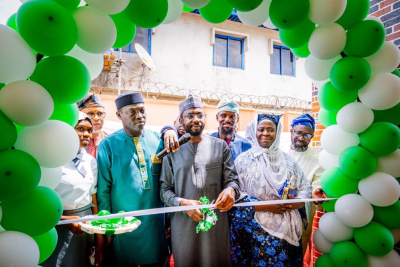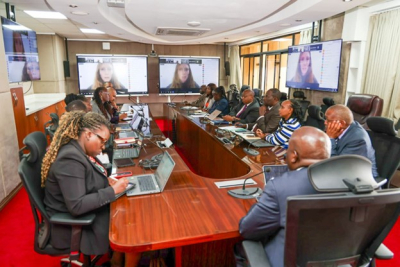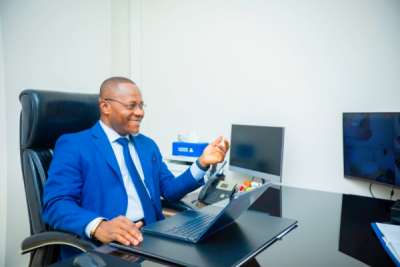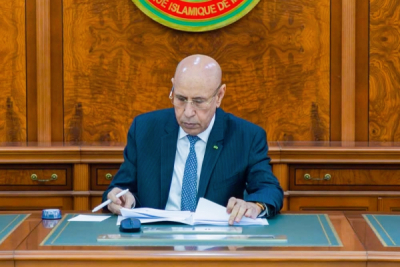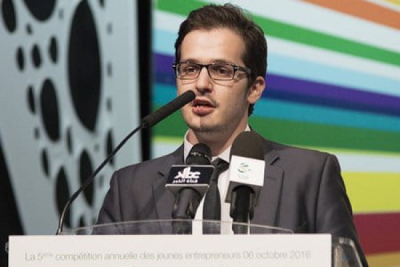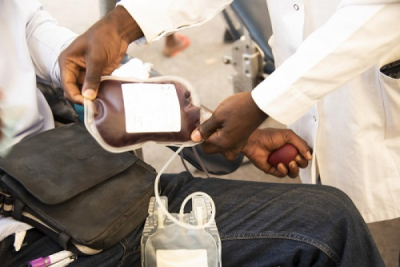The centre is one of many steps Nigeria is taking to bridge the digital divide and build a resilient, inclusive, and innovation-driven economy.
The Federal Government, through the National Information Technology Development Agency (NITDA), has announced plans to establish at least 1,600 Information and Communication Technology (ICT) centres across Nigeria in the coming years as part of its push for inclusive digital transformation.
Speaking on May 15 during the inauguration of a new ICT centre in Akesan, Lagos, NITDA Director-General Kashifu Inuwa said the initiative aims to ensure every Nigerian—regardless of location or background—has access to digital tools, skills, and opportunities. According to Inuwa, NITDA has already established 222 ICT centres in the last two years, spread across three categories: school ICT facilities, community centres, and innovation hubs. So far, 18 community centres and three ICT hubs have been completed.
“Our goal is to build over 1,600 centres nationwide. We want every Nigerian to be part of our digital prosperity,” Inuwa said, stressing the importance of a sustainable model to operate these centres efficiently without relying on NITDA for minor issues.
He linked the initiative to President Bola Tinubu’s Renewed Hope Agenda, which identifies economic diversification and digital inclusion as top priorities. One of the Agenda’s seven key pillars is focused on accelerating diversification through industrialization, digitization, innovation, and the creative economy. “That’s why NITDA is building these centres—to ensure no Nigerian is left behind in our digital economy,” Inuwa explained.
Also present at the event, Minister of Communications, Innovation, and Digital Economy Dr. Bosun Tijani—represented by Johnson Bareyei, Director of e-Government—described the centre as a vital extension of government policy aimed at decentralizing opportunity and embedding innovation in everyday life.
He noted that the centre will support the 3 Million Technical Talent (3MTT) programme, serve startups and tech entrepreneurs, offer regulatory guidance, and foster collaboration among government, private sector, and local communities.
The establishment of ICT centres aligns with Nigeria’s National Digital Economy Policy and Strategy (2020–2030), which emphasizes digital literacy and job creation as key pillars. The centres are instrumental in supporting innovation ecosystems by providing co-working spaces, tech incubation, and mentorship for startups. This is vital for a country seeking to diversify away from oil, where the ICT sector already contributed 16.66% to GDP in Q4 2023.
Hikmatu Bilali



